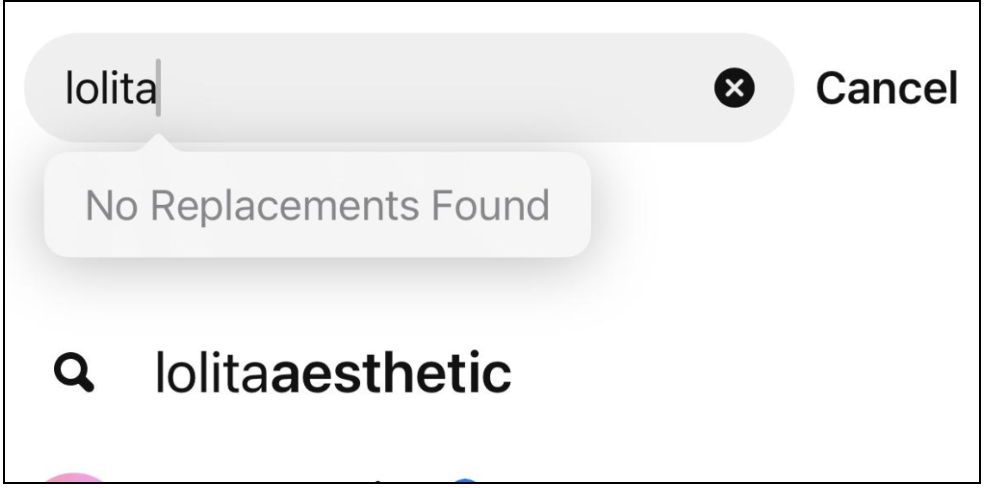By Layla Golchin, Year 12
Vladimir Nabokov’s controversial novel ‘Lolita’ has long been a subject of debate and fascination within the realm of literature. The novel’s narrative is crafted through the disturbing perspective of its protagonist, Humbert Humbert, a man obsessed with a 12-year-old girl named Dolores Haze, whom he refers to as “Lolita.” While Nabokov’s writing is undoubtedly a masterpiece of linguistic and narrative craftsmanship, the modern iconography of ‘Lolita’ often risks romanticising the actions of Humbert Humbert, overlooking the inherent dangers and moral complexities of the story. This article aims to explore the dangers of such a romanticised interpretation and underscores the importance of critically examining the narrative’s ethical implications.
The Manipulation of Language
One of the central dangers of romanticising ‘Lolita’ is the manipulation of language by Humbert Humbert. Nabokov employs intricate wordplay and linguistic acrobatics to seduce readers into empathising with the protagonist. Humbert’s eloquent prose and introspective musings create an alluring façade that can easily distract from the heinous nature of his actions. By skillfully weaving words, Humbert camouflages his predatory behaviour, thereby blurring the lines between fiction and reality. Modern interpretations that uncritically celebrate Nabokov’s linguistic prowess risk glorifying the predator rather than condemning him.
The Glamorization of Humbert’s Intellectualism
Humbert Humbert is portrayed as an erudite, cultured, and intellectual character. His passion for literature and art, coupled with his articulate narration, often leads readers to find themselves captivated by his intellect. This dangerous allure of intellectualism can inadvertently romanticise Humbert’s actions, as readers may mistakenly equate intelligence with moral superiority. Humbert’s crimes against Lolita are no less reprehensible because he is well-read or well-spoken, but the novel’s sophisticated presentation can lead some to sympathise with him rather than focusing on the victimisation of a young girl.
The Vulnerable Perspective of Lolita
The modern interpretation of ‘Lolita’ often neglects the perspective and suffering of the victim herself, Dolores Haze. By primarily viewing the story through Humbert’s eyes, readers may forget that Lolita is a child who is exploited and manipulated. Her trauma and emotional distress are overshadowed by Humbert’s narrative prowess, leading to an unjust shift of empathy away from the true victim. Romanticizing Humbert’s character undermines the gravity of Lolita’s suffering and contributes to a troubling lack of empathy for survivors of abuse.
The Moral Ambiguity of Art
Some proponents of the modern interpretation argue that ‘Lolita’ is a work of art that should be appreciated for its exploration of complex moral themes. While it is true that literature can delve into morally ambiguous territory, it is equally important to recognize that not all ambiguity should be celebrated. ‘Lolita’ does not provide a moral equivalence between Humbert and his victim; rather, it is a disturbing portrayal of a predator’s psyche. Romanticizing Humbert’s character obscures the novel’s ethical message and, in doing so, normalises and trivialises the abuse of minors.
The modern interpretation of ‘Lolita’ must be approached with caution and critical analysis. While Vladimir Nabokov’s literary genius is evident, the danger lies in romanticising the actions of Humbert Humbert and losing sight of the novel’s moral implications. The manipulation of language, the glamorization of Humbert’s intellect, and the neglect of Lolita’s perspective all contribute to a potentially harmful reading of the novel. It is crucial to remember that ‘Lolita’ is a story of abuse, manipulation, and victimisation, and it should not be celebrated for its portrayal of a morally repugnant character. Rather, it should serve as a stark reminder of the ethical responsibility inherent in consuming and interpreting literature.



